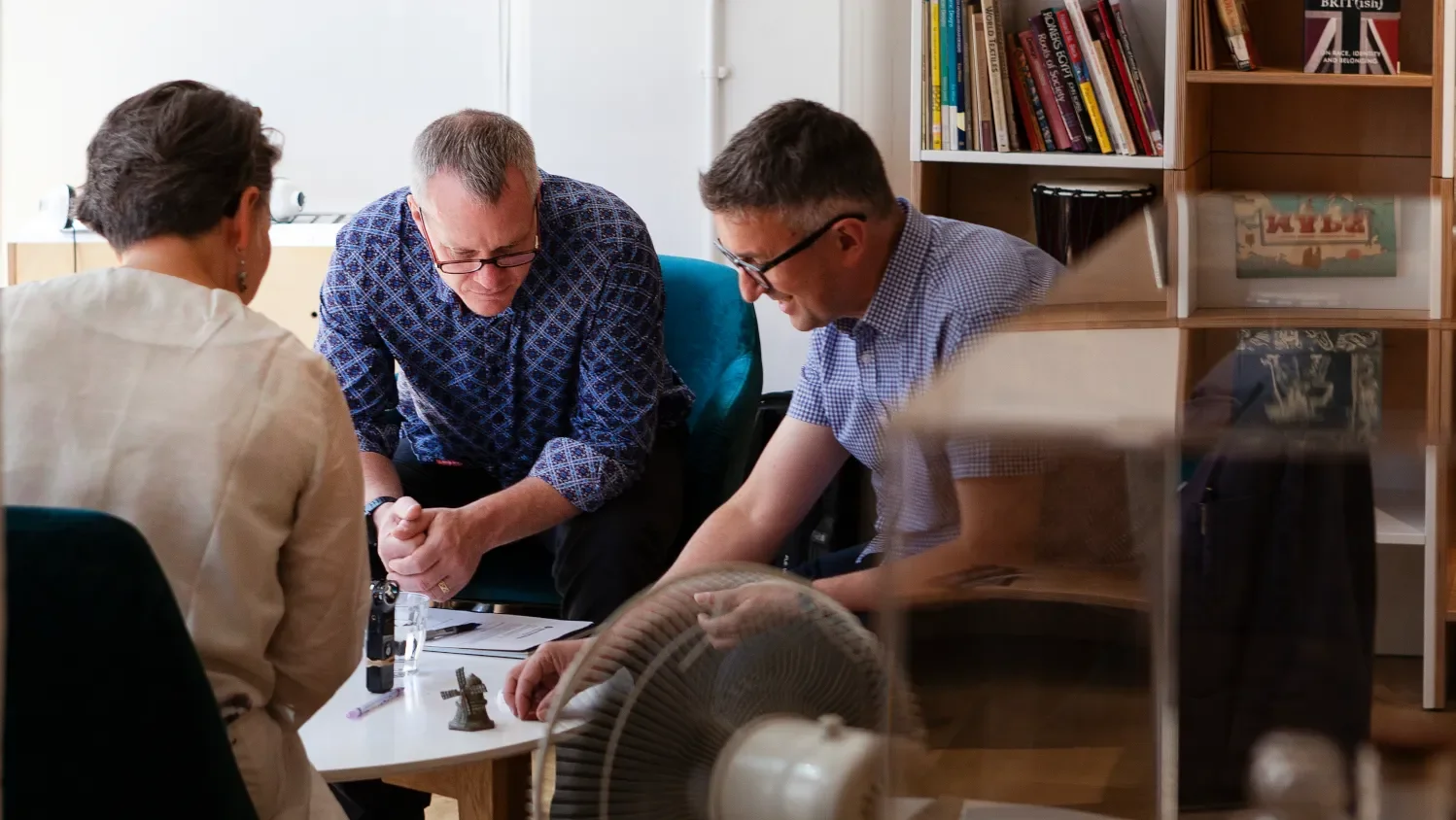I provide consulting in mental health for a wide range of organizations. I focus particularly on the interconnectedness of mental health, trauma, addictions, and personal development. The common thread in much of my work is trauma, an area of practice in which I have done extensive research and practice.
Typically, my consulting work involves complex themes and challenges. Mental health, addictions, and trauma are (almost) universal experiences, and the ways we choose to deal with them are as diverse as individuals and communities can be. Because of this diversity, my consulting projects take multiple forms: innovative approaches to counselling and therapy; cultural and community practices both ancient and modern; facilitation and leadership training; and many more. I describe the most common contexts for this work in the sections that follow.
For information about workshops and training offered by Ross Laird, please visit this page or contact Ross directly.
Mental Health Workshops for Corporate and Government Leaders
Mental health is an increasingly important theme in the contemporary workplace. Executives, managers, and leaders need to know the basics: how to cultivate mental health, encourage resilience, prevent burnout, and establish a context of mentorship in which personal development can flourish. These skills are complex and nuanced. In the workshops I provide for corporate leaders, I try to render that complexity down into core skills, practical tools, and a perspective for how to continue deepening the work of mentorship and leadership in an ongoing way. Organizations in this group include YPO, IKEA, the Business Council of BC, the Wallace McCain Institute, and many more.
Training for Peer Support and Community Support Programs
Many larger organizations offer peer support programs to assist those who are struggling. Peer support staff typically deal with a wide range of personal issues: depression, domestic violence, addiction, grief, trauma, suicide, and so on. Each one of these areas requires deep specialization. And yet, most peer support staff are not professional counsellors or therapists; they’re simply colleagues who want to help out, support others, and make a difference. In the training that I offer for peer support programs, I focus on tactics (what to do in moments of crisis) and strategies (how to prevent the next moment of crisis) for helping peer support staff bring a professional level of skill to a non-professional role. Organizations in this group include Air Canada, NavCanada, the BC Non-profit Housing Association, BC Cancer, the City of Surrey, and many others.
Program Development for Museums and Cultural Institutions
Museums are increasingly interested in helping their communities grapple with complex challenges such as mental health and trauma. And yet, museums are not psychotherapeutic environments. In particular, the systems and staffing of museums are not designed nor equipped to promote the emotional safety, containment, and counselling that are often required to assist people in navigating trauma. Museum practitioners do not have the training to safely support a visitor in a state of traumatic decompensation, panic, overwhelm, dissociation, or freezing. My work with museums is focused on researching this new area of museum practice and bridging the skill gap, so that museums can support and protect both visitors and staff in the context of exhibitions that activate strong emotions. My colleagues and I have published a book based on our research in this area. My own work, which focuses on trauma in particular, has been noted by museum industry voices such as Art Museum Teaching: A Showcase for Reflective Practice. Organizations in this group include the 9/11 Memorial and Museum, the Derby Museums Trust, the Happy Museum Project, the Royal Ontario Museum, the Montreal Museum of Fine Arts, the Vancouver Art Gallery, the Canadian Museum of History, the Canadian War Museum, and many others.
An overview of current workshops and training for museum professionals can be found here.
